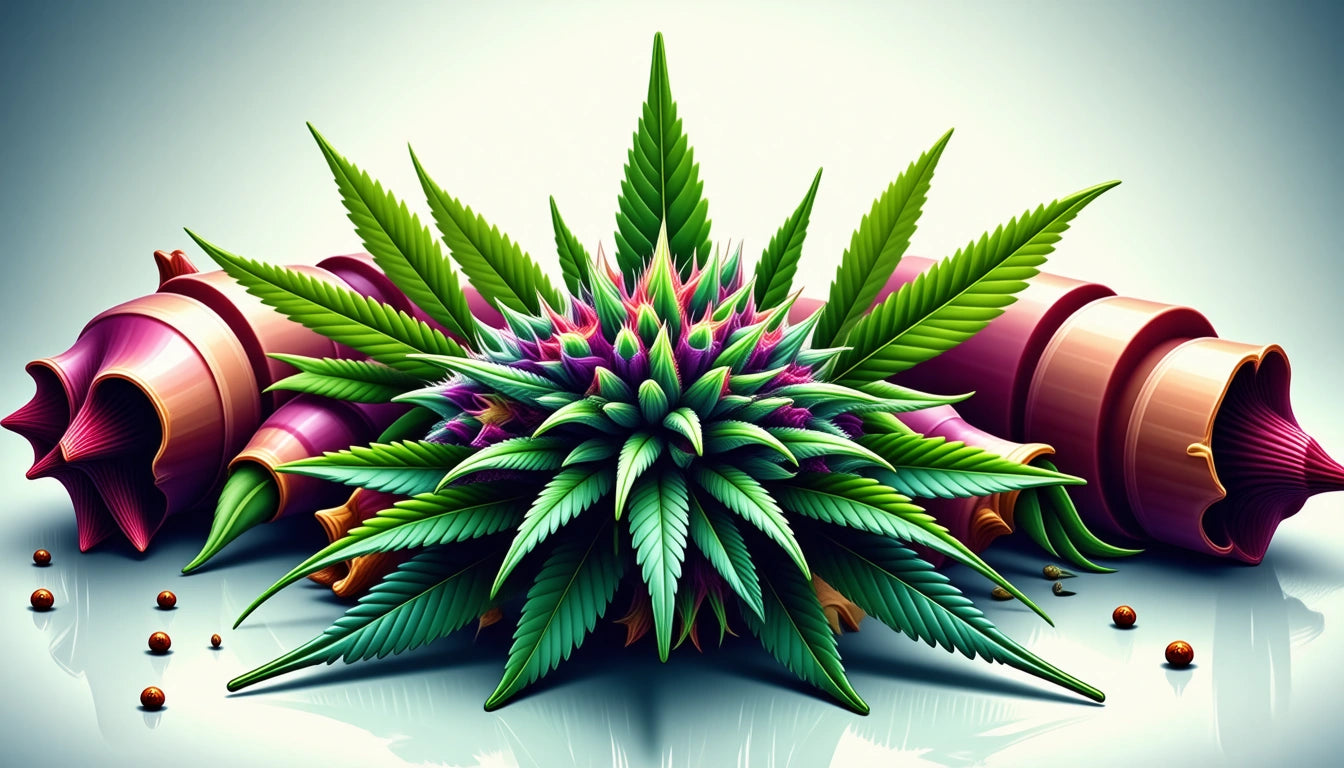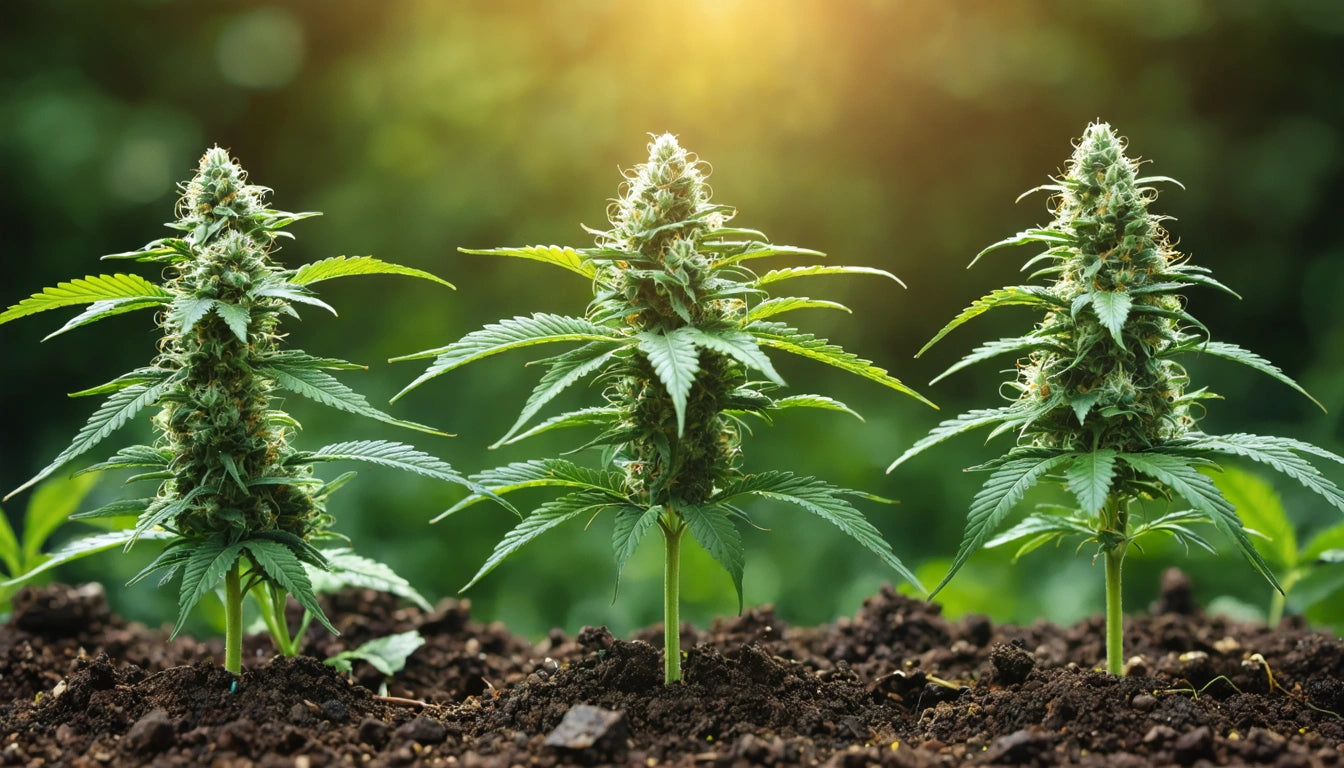Table of Contents
Effective Strategies to Quit and Minimize the Effects of Weed
Whether you're looking to reduce the intensity of a current high, quit smoking altogether, or cleanse your system for an upcoming drug test, understanding how to get rid of weed effects requires a multifaceted approach. Cannabis affects everyone differently, and the methods to minimize its impact vary based on your specific goals and timeline.
Understanding Weed Effects and Why People Seek Relief
Cannabis produces its effects primarily through THC (tetrahydrocannabinol), which binds to cannabinoid receptors in the brain. These effects can include altered perception, relaxation, increased appetite, and in some cases, anxiety or paranoia. People may want to reduce these effects for various reasons:
- Experiencing uncomfortable intensity during a high
- Needing mental clarity for work or responsibilities
- Preparing for drug testing
- Deciding to quit for health or personal reasons
- Developing dependency concerns
According to research on managing cannabis effects, understanding your body's reaction is the first step toward effective management.
Immediate Strategies to Reduce Weed Effects
Natural Methods to Come Down from a High
If you're currently experiencing unwanted effects and wondering how to stop the effects of weed quickly, several approaches can help:
- Hydration: Drinking plenty of water helps flush your system
- Black pepper: Chewing black peppercorns can reduce anxiety and intensity
- CBD: Cannabidiol may counteract some THC effects
- Fresh air and light exercise: A short walk can help clear your head
- Citrus fruits: Limonene in lemons and oranges may help reduce the high
For those seeking immediate relief, these strategies for managing a marijuana high provide additional techniques for reducing intensity.
Effective Strategies for Quitting Weed
If you're looking to stop smoking weed altogether, a structured approach increases your chances of success:
Gradual Reduction vs. Cold Turkey
Research suggests that gradual reduction may be more sustainable for long-term cannabis users. This might include:
- Setting specific reduction goals (e.g., decreasing usage by 25% weekly)
- Tracking consumption patterns to identify triggers
- Replacing high-THC products with lower potency options before quitting
- Creating a timeline with a definite quit date
For comprehensive guidance, these effective strategies to quit smoking weed provide a detailed roadmap for cessation.
Support Systems and Professional Help
Quitting is easier with support. Consider:
- Therapy or counseling specifically addressing substance use
- Support groups (in-person or online)
- Informing trusted friends and family about your goals
- Apps designed to track sobriety and provide encouragement
Proper storage of any remaining cannabis products is crucial, especially in households with children. Safety standards for packaging potentially harmful substances emphasize the importance of keeping cannabis products in child-resistant containers to prevent accidental ingestion.
Methods to Cleanse Weed from Your System
If you're wondering how to get rid of weed in your body, particularly for an upcoming drug test, several approaches may help accelerate the natural elimination process:
Natural Detoxification
- Increased water intake to promote urination
- Regular exercise to burn fat cells where THC is stored
- High-fiber diet to encourage elimination through the digestive system
- Sauna sessions to promote sweating
- Adequate sleep to support natural detoxification processes
For those with urgent needs, these fastest ways to detox from weed outline more intensive approaches.
Timeframes for Different Testing Methods
Understanding detection windows helps set realistic expectations:
- Urine: 3-30 days, depending on usage frequency
- Blood: 1-7 days
- Saliva: 1-3 days
- Hair: Up to 90 days
For more detailed information on test-specific strategies, these effective ways to clear weed from your system provide targeted approaches.
Preventing Relapse and Building Healthy Alternatives
To maintain progress in reducing or eliminating cannabis use, developing alternative coping mechanisms is essential:
Identifying and Managing Triggers
- Social situations where cannabis is present
- Stress, anxiety, or negative emotions
- Certain locations or activities previously associated with use
- Boredom or lack of structure
Healthy Replacements for Cannabis Use
- Exercise and physical activity
- Meditation and mindfulness practices
- Creative outlets like art, music, or writing
- New hobbies that occupy time and attention
- Non-cannabis social activities
For those struggling with cannabis tolerance issues, these strategies for managing tolerance may provide useful insights.
Long-Term Success: Building a Weed-Free Lifestyle
Achieving lasting change requires more than just quitting; it involves creating a lifestyle that supports your goals:
- Restructuring daily routines to avoid triggers
- Developing new stress management techniques
- Building relationships with non-users
- Setting and celebrating milestones
- Addressing underlying issues that may have contributed to cannabis use
Remember that setbacks are part of the process. If you experience a relapse, treat it as a learning opportunity rather than a failure. Adjust your approach based on what you've learned about your personal triggers and challenges.
Whether you're looking to reduce the effects of weed temporarily, quit completely, or cleanse your system, these strategies provide a comprehensive framework for achieving your goals. By combining immediate relief techniques with long-term lifestyle changes, you can effectively manage your relationship with cannabis according to your personal needs and objectives.











Leave a comment
All comments are moderated before being published.
This site is protected by hCaptcha and the hCaptcha Privacy Policy and Terms of Service apply.